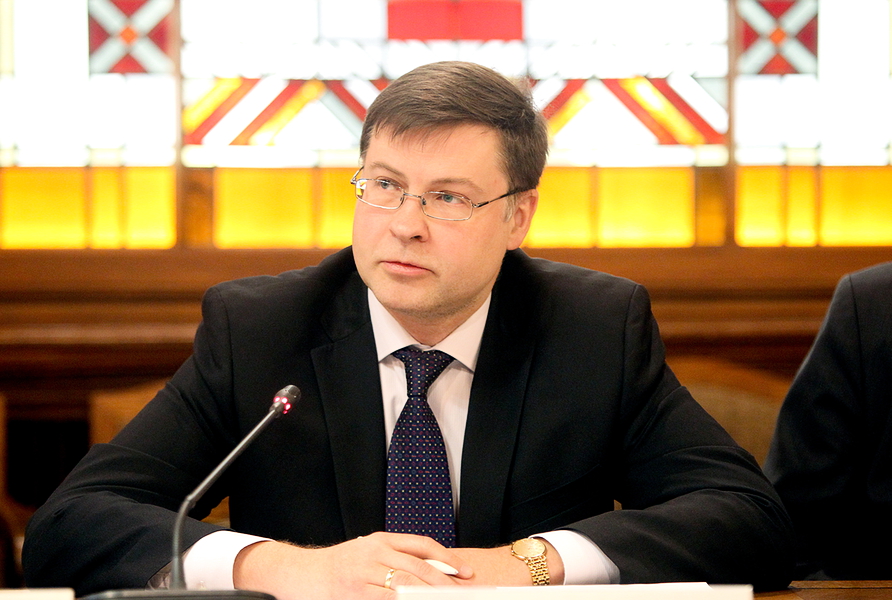The investigative committee also looked more deeply into the reasoning behind amendments passed in 2009 which liquidated the State Construction Inspection. Deputy Kārlis Seržants (Greens/Farmers Union) suggested the closure was premature, as local governments such as the Rīga City Council were completely unprepared for its implementation.
However, Dombrovskis explained that the Association of Local Governments itself had supported the liquidation as audits had shown overlaps between the state inspectorate and local government authorities.
Regina Ločmele-Lunova (Harmony) asked whether Dombrovskis' resignation could have been a mistake, and whether he had done so in order to shield himself from the hard job of ensuring public safety, and to evade admitting the government's own culpability in the disaster.
Dombrovskis responded that he stepped down after the disaster in order to take political responsibility. He believed that a new government – charged with a clean mandate of trust, needed to be installed in order to solve the problems related to the tragedy.
Dombrovskis, now serving as Commissar for the Euro and Social Dialogue under the Juncker-led Council of the European Union, explained that the situation among the ruling coalition partners indicated uncertainty and doubts whether the government would have been able to efficiently react and make the necessary decisions.
MP Artuss Kaimiņš (Alliance of Regions) asked whether it was safe to live in the buildings constructed by Dombrovskis' family enterprise. Dombrovskis insisted that there was no cause for concern.






























